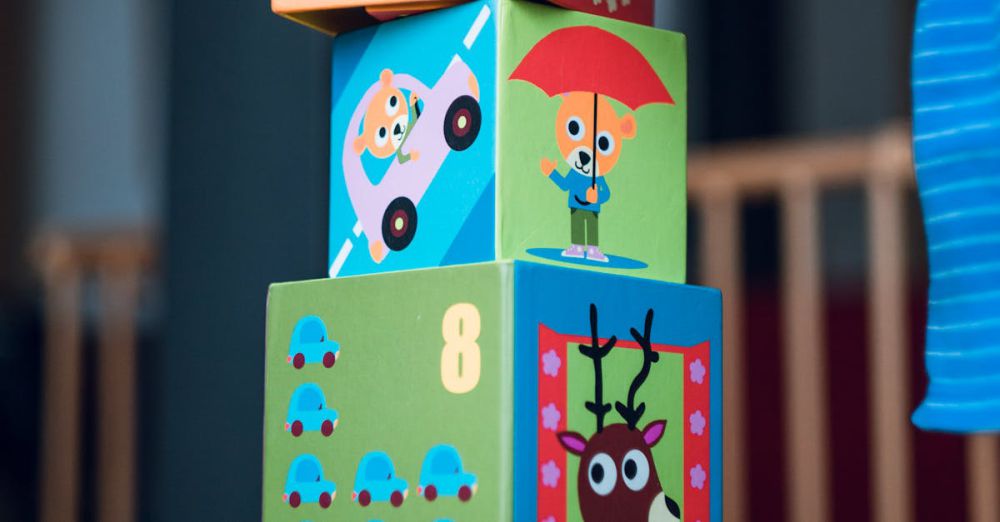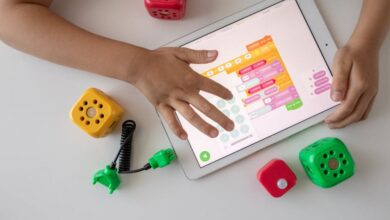How to Pick the Right Brain Development Games
In today’s fast-paced world, brain development games have gained immense popularity among parents and educators. These games are designed to enhance cognitive skills, improve memory, and foster problem-solving abilities in children. With countless options available, selecting the right game can be a daunting task. Here’s a guide to help you navigate the world of brain development games and make an informed choice that suits your child’s needs.
Understand Your Child’s Age and Developmental Stage
Before diving into the myriad of brain games available, consider your child’s age and developmental stage. Different age groups require different types of challenges. For younger children, games that focus on basic concepts like numbers, letters, and colors can be beneficial. As they grow older, games that encourage critical thinking, strategic planning, and logic become more appropriate. Tailoring the game to your child’s cognitive level ensures they remain engaged while also facing the right level of challenge, avoiding frustration or boredom.
Identify Key Cognitive Skills to Develop
Brain development games can target various cognitive skills, including memory, attention, reasoning, and creativity. Identify which skills you want to enhance in your child. If memory improvement is the goal, look for games involving matching pairs or recall exercises. If you want to strengthen attention, opt for games that require focus and concentration, like puzzles or sorting challenges. Understanding which skills to prioritize helps narrow your choices and ensures that the selected games align with your developmental goals.
Research Game Formats
Brain games come in various formats, from digital apps to traditional board games and physical activities. Each format offers unique advantages. Digital games often include interactive features, appealing graphics, and instant feedback, making them attractive to tech-savvy children. Board games, on the other hand, promote face-to-face interaction, teamwork, and social skills. Physical games can boost motor skills and encourage active play. Assess your child’s preferences and learning style when choosing the format, as this can enhance their engagement and motivation.
Look for Educational Value
Not all games are created equal, so it’s crucial to evaluate the educational value of the options you consider. Look for games developed by educational experts that align with cognitive development principles. Check reviews from other parents and educators to gauge the effectiveness of the game. Educational games should not only be enjoyable but also provide measurable benefits, such as improved problem-solving skills or enhanced critical thinking. Prioritizing games with a solid educational foundation ensures that playtime translates into real learning.
Consider Playability and Engagement
A game’s playability can significantly affect your child’s willingness to engage with it. Look for games that are easy to understand and can be played independently or with minimal assistance. Games that offer various levels of difficulty or numerous scenarios can keep your child engaged over time, as they present new challenges and prevent monotony. Additionally, consider whether the game can be played solo or with family and friends; social interaction can enrich the learning experience and strengthen bonds.
Check for Reviews and Recommendations
In a market flooded with options, relying on recommendations can save time and lead to better choices. Seek out reviews from trusted sources, such as educational blogs, parenting websites, or forums. Many online platforms allow parents to share their experiences and insights about specific games, which can provide valuable information. Word-of-mouth recommendations from friends or educators can also lead you to hidden gems that might not be widely advertised.
Make It Fun and Enjoyable
Ultimately, the best brain development games are those that your child enjoys. If a game feels like a chore, the learning benefits will diminish. Engage your child in the selection process, allowing them to express their interests and preferences. When children are excited about the games they play, they are more likely to benefit from them in meaningful ways. Remember that learning should be a joyful journey, and finding the right brain development games can make all the difference.
Finding the Right Fit
Choosing the right brain development games can significantly enhance your child’s cognitive growth. By considering their age, targeting specific skills, evaluating educational value, and ensuring the games are engaging, you can create an enriching play environment. With the right selections, you can foster a love for learning that lasts a lifetime.







